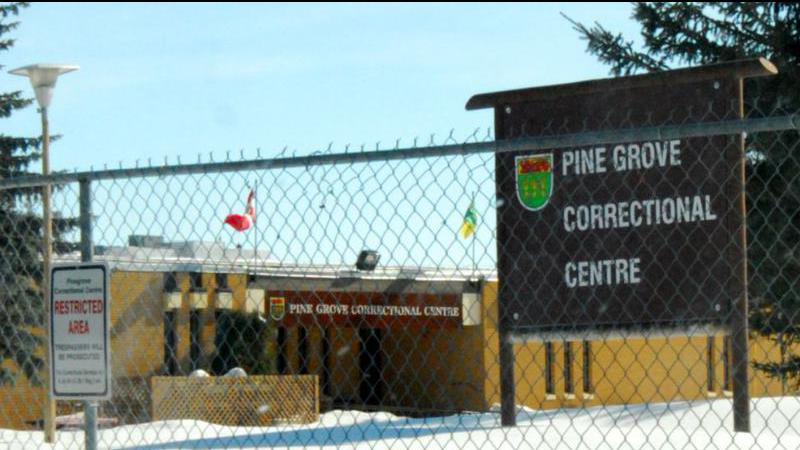
First nations women in jail over represented and lack proper supports, says FSIN
Concerns related to the over representation of First Nations women in the correctional system, and a lack of supports, are being raised on International Women’s Day by the organization that represents 74 First Nations in Saskatchewan.
According to a press release Monday by the Federation of Sovereign Indigenous Nations (FSIN), First Nations women in the Canadian justice system do not have accessible community services and lack support due to shortage of resources, and are often forced to serve remand time in correctional facilities.
“Statistics prove that Saskatchewan has three times the number of individuals serving remand time than other jurisdictions in Canada,” the statement said.
The FSIN explains that First Nations women make up to 40 percent of the inmate population at Federal correctional centres, despite being only four percent of women in Canada.


